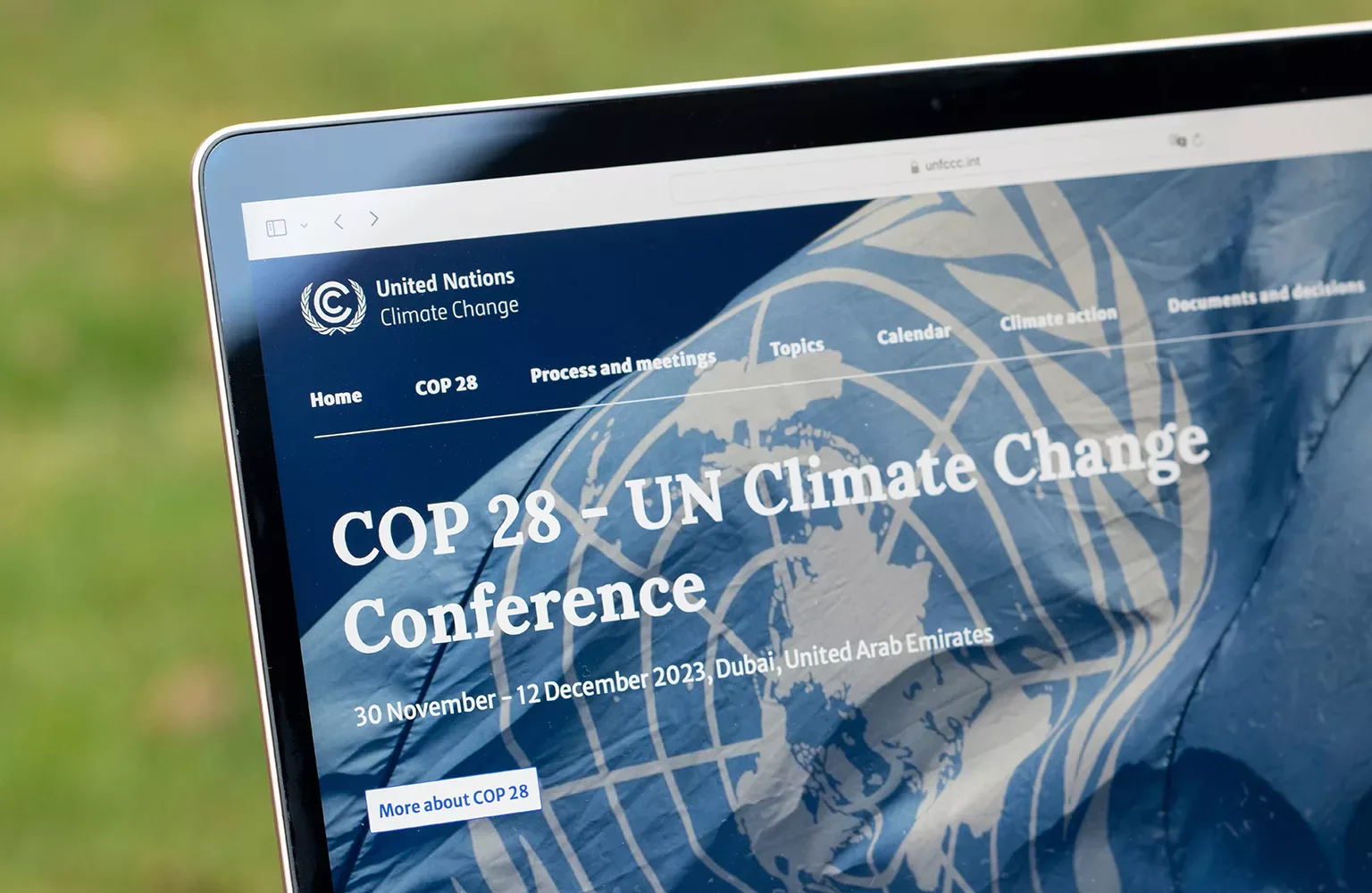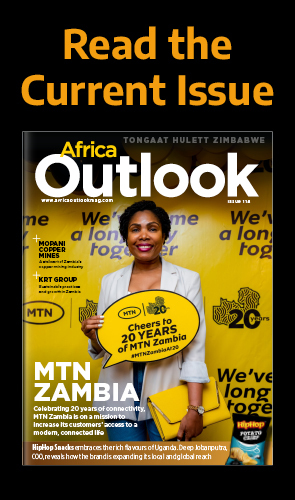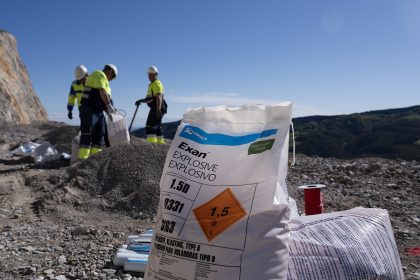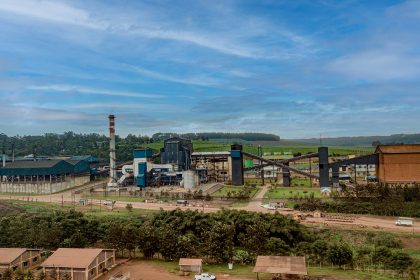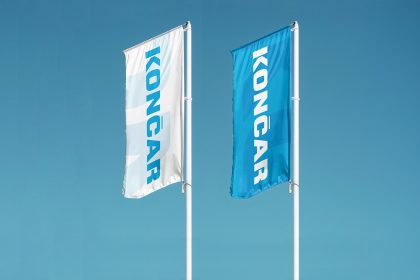The annual COP summit has become a symbolic gathering of heads of state from across the globe. Coinciding with Africa Day, the continent’s leadership seeks to award Africa a voice at one of the world’s largest sustainability conferences.
GREEN GROWTH IN AFRICA
Africa Day at COP28, held on 2nd December, 2023 at the Africa Pavilion in host city Dubai, plays a key part in representing the continent at the annual historical climate change conference.
This year, the event fostered the theme ‘Scaling up Financing for Climate Action and Green Growth in Africa’, aimed at bolstering Africa’s overall voice in the global discussion on sustainability and providing a platform upon which to explore the continent’s recent response to climate change.
The theme builds on outcomes from the recent Africa Climate Summit (ACS), hosted in Nairobi, Kenya, in September 2023. Its theme revolved around ‘Driving Green Growth and Climate Finance Solutions for Africa and the World’.
Proceedings at Africa Day intended to examine ways to fund the USD$3 trillion required to implement Africa’s Nationally Determined Contributions (NDCs) by 2030.
President William Ruto of Kenya, Coordinator of the Committee of African Heads of State and Government on Climate Change (CAHOSCC), who also headed up the ACS, gave this year’s keynote address.
Discussions principally focused on leveraging domestic resource mobilisation and boosting foreign direct investment (FDI) in support of the energy transition, whilst the deployment of Africa’s plentiful renewable energy resources, resilient agriculture, and food systems were evaluated.
Greening the African Continental Free Trade Area (AfCFTA) was also an area of focus, alongside the transformation of critical minerals to power batteries and electric vehicles (EVs) in Africa, and climate change adaptation and resilience projects such as the Great Green Wall Initiative – a comprehensive rural development project.
Thus, Africa Day is intended to amplify the voice of African countries within the global climate discussion, and provide a space in which the continent’s challenges, opportunities, and responses can be highlighted.
AREAS FOR DEVELOPMENT
Africa’s framework for financing climate action and green growth currently includes the deployment of the continent’s abundant renewable resources and the processing of its essential minerals. However, significant funding is required to achieve this.
Claver Gatete, Executive Secretary of the United Nations Economic Commission for Africa (UNECA), wishes to focus on developing innovative financing mechanisms to bolster green growth.
He referred to UNECA’s funding for South Africa, which recently awarded ZAR3 billion to fund renewable energy investments in the country.
Gatete also called for the development of African carbon credit markets to provide significant opportunities for opening up green finance.
At present, Africa is home to 65 percent of the world’s uncultivated arable land. Due to funding discrepancies, the continent is yet to monopolise its rich resources.
The African Development Bank (AFDB) launched a Climate Action Window earlier this year, including up to USD$14 billion to supplement sustainable development across 37 low-income countries.
However, in the context of Africa Day at COP28, the African Group of Negotiators (AGN) indicated its disappointment in Africa’s overall progress towards the Global Goal on Adaptation (GGA), which includes enhancing the world’s resilience towards climate change.
The AGN’s position elaborates that USD$100 billion per year must be delivered, sourced potentially from reforming multilateral development banks (MDBs), for Africa to have any chance of meeting suggested GGA targets.
CELEBRATING SUCCESS
Despite varying degrees of success in achieving agreed climate targets, AFDB President Akinwhmi Adesina evoked national pride amongst African countries later in the day’s proceedings. He argued that Africa should always be celebrated, particularly in the context of younger generations and the future of the continent.
The President of Senegal, Macky Sall, also highlighted that Africa has a legitimate need for development and industrialisation in order to become part of a valuable global supply chain.
The President called for the recognition of Africa as a site of potential trade, commerce, and development, rather than merely being observed as a farm for raw materials.
Additionally, the country must invest in its society to create added value, providing jobs to future generations within a stable and sustainable national economy.
The ultimate challenge for Africa, therefore, is obtaining the ability to finance cheap energy, through green industry in particular. The continent must benefit from a fair energy transition, and global partners must support this for Africa’s potential to be realised.
SPEAKING AS ONE
In a similar way to the AFDB’s Climate Action Window, which supports Africa’s poorest localities in combatting climate change despite their relative lack of contribution to the problem, the African Union Commission (AUC) Chairperson, Moussa Faki Mahamat, sought global investment for Africa to be able to engage in serious negotiations with its partners.
The negotiation Mr Mahamat refers to is the Nairobi Declaration, adopted at the September 2023 ACS, which is recognised as a call to action for the world to speak as one. The declaration acknowledges that climate change is the single greatest challenge facing humanity, demanding urgent action from all nations.
Azali Assoumani, Chairperson of the African Union (AU), officially inaugurated Africa Day at COP28 and praised Kenyan President William Ruto’s leadership.
Assoumani recognised the importance of green and sustainable growth expanding in the country, and the development of innovative partnerships that point to positive change.
Later in discussions, coastal and island states, such as Comoros, Seychelles, Mauritius, and Madagascar, were brought to the table.
Leaders talked of achieving synergy between inland, coastal, and island states, so that no African country will be marginalised from inclusive green development and funding.
In 2015, the AU set out an ambitious and steadfast set of national goals in the African Agenda 2063. These goals will see the continent strive for a prosperous existence based on inclusive growth and sustainable development, and an Africa that is an influential global player and partner.
Assoumani, who is also the President of the island state of Comoros, recognised how Africa’s oceans and marine resources have a crucial role to play in the African Agenda 2063.
“Given their potential, the blue and green economies constitute a potent catalyst for sustainable development on our continent,” he concluded at Africa Day 2023, on a note of optimism.



